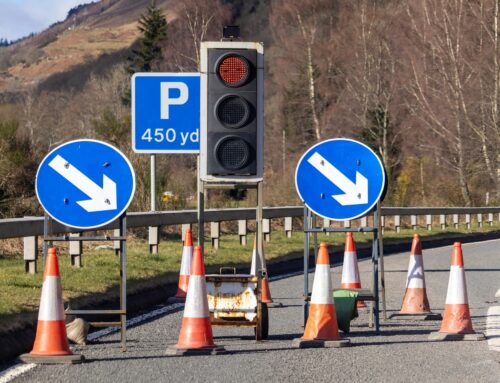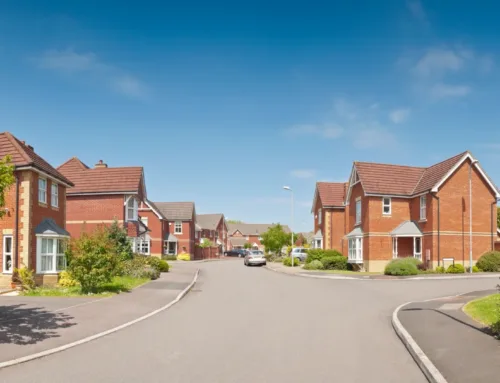A recent development that has caught the eye of many transport consultants and their clients, has been Prime Minister Rishi Sunak’s declaration that he has ordered the Department for Transport (DfT) to carry out a review into the rollout of low-traffic neighbourhoods (LTNs).
It seems that since the Conservatives narrowly triumphed in the Uxbridge and Ruislip by-election in July – with the party’s eventually victorious candidate having focused much of their campaign on concerns about the extension of London’s ultra-low emissions zone (ULEZ) – the Prime Minister has seen an opportunity to position himself as being on car owners’ side.
Accusing the opposition Labour party as being “anti-motorist”, Mr Sunak has said, as quoted by The Sunday Telegraph: “The vast majority of people in the country use their cars to get around and are dependent on their cars… I just want to make sure people know that I’m on their side in supporting them to use their cars to do all the things that matter to them.”
But not everyone is a fan of Mr Sunak’s take on “anti-car schemes”
A tweet by Mr Sunak on 30th July made clear his appeal to motorists, as he stated that he was “reviewing anti-car schemes across the country.”
However, not everyone is very supportive of the Prime Minister’s stance towards LTN policies, which aim to improve the cleanliness and safety of residential areas for pedestrians. Labour’s shadow international trade secretary, Nick Thomas-Symonds, accused the PM of “yet another press release” policy.
Meanwhile, a group of transport planners has criticised the characterisation of active travel and mode-shift schemes – such as LTNs – as “anti-car”, stating that they are instead “pro-people” and support the Government’s broader policy goals.
“These initiatives are essential in delivering several of the Government’s strategies”
In a letter to the Prime Minister in response to his comments, the Transport Planning Society (TPS) expressed transport planners’ support for such schemes.
The society outlined in the letter how local improvements to walking and cycling, such as LTNs, could help with the achievement of various goals the PM had set out when entering Government, such as combating inflation and the cost of living, improving public health, and reducing NHS waiting lists.
The letter also called on the Government to keep on supporting and investing in schemes that encouraged walking, cycling, and public transport, which the society said would help deliver on the Transport Decarbonisation Plan and Net Zero Strategy.
TPS chair Ben Plowden stated: “Our view as transport planners is that achieving a sustainable and equitable transport system requires offering people genuine choices in how they travel.
“By supporting active modes of transportation, such as walking and cycling, and creating safer, people-friendly spaces, LTNs contribute to cleaner air and foster healthier communities.”
Mr Plowden described such initiatives as “essential in delivering several of the Government’s strategies”, citing the example of Gear Change, which sets a target of increasing the proportion of trips in towns and cities made by walking and cycling to 50% by the end of this decade.
He added: “Rethinking how we plan our cities, towns and communities is not anti-car, but pro-people.”
Our transport consultants can be on hand to assist with your project
As a team here at TPA, we can only back up these words from the TPS, and very much hope that pragmatic solutions will be reached for the future of the UK’s transport infrastructure that contribute as strongly to public health and wellbeing as they do to economic growth.
To learn more about how our skilled and experienced transport consultants can lend the benefit of their knowhow to your own project in relation to transport planning and infrastructure design, please feel free to enquire to your nearest TPA office.



